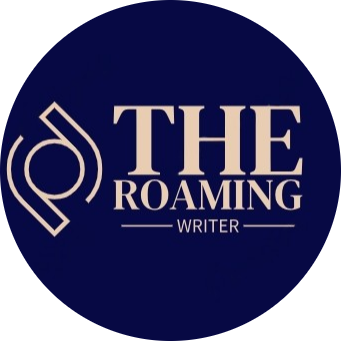Colleague 1
India Holmes
The Improving Business Performance course has served as a critical inflection point in my academic and professional development, offering a multidimensional lens through which to analyze, diagnose, and influence organizational effectiveness. Among the many impactful elements of the curriculum, the integration of Eliyahu Goldratt’s The Goal stands out for its ability to operationalize complex theoretical constructs, most notably, the Theory of Constraints in a manner that is both accessible and deeply applicable. The narrative format enabled me to internalize core principles of systems thinking, revealing the profound importance of identifying interdependencies, recognizing bottlenecks, and optimizing throughput rather than merely maximizing isolated performance metrics. This paradigm shifts significantly altered my approach to problem-solving, encouraging a more holistic and strategic perspective.
Throughout the course, I acquired a broad set of competencies critical to driving sustainable performance improvement. These included skills in systems analysis, process mapping, and performance measurement, as well as more nuanced capabilities such as moral imagination, adaptive leadership, and the cultivation of learning organizations. Perhaps most importantly, I developed a deeper appreciation for the ethical dimensions of managerial decision-making and the imperative of aligning operational goals with long-term social impact.
This knowledge has direct implications for my broader commitment to social change. As a scholar-practitioner, I recognize that the pursuit of business efficiency must not come at the expense of human dignity or societal well-being. The frameworks explored in this course have equipped me with tools to act as a catalyst for responsible innovation whether by embedding equity into operational models, advocating for inclusive performance metrics, or leading change initiatives that foreground both effectiveness and ethics. In this way, improving business performance becomes not merely a technical exercise, but a vehicle for transformative impact.
The applicability of these insights to real-world contexts is both immediate and enduring. In my current and future professional roles, I anticipate leveraging these tools to lead cross-functional teams, diagnose performance barriers with greater acuity, and implement solutions that account for both systemic complexity and organizational culture. The emphasis on continuous improvement, stakeholder alignment, and evidence-based decision-making aligns well with the demands of modern leadership, especially in environments characterized by volatility, uncertainty, complexity, and ambiguity (VUCA).
While the course was intellectually stimulating, it was not without its challenges. Balancing the rigor of doctoral coursework with professional and personal commitments requires deliberate time management and disciplined prioritization. At times, the abstract nature of certain theoretical frameworks posed interpretive challenges, particularly when attempting to translate them into practice. However, through iterative application, peer engagement, and reflective writing, I was able to bridge the gap between theory and praxis, an essential skill for any doctoral-level scholar.
In conclusion, this course has not only enhanced my technical capacity to improve business performance but has also expanded my ethical awareness and strategic vision. It reaffirmed my belief that leadership is most effective when grounded in both analytical rigor and a deep sense of responsibility to the greater good. I leave this experience better equipped to contribute meaningfully to organizations and communities alike through both scholarly inquiry and principled action.
Colleague 2
Lyndsay Camaroto
Hello,
I feel that I have gained a lot of insight into how to approach management styles and problems. I really enjoyed reading The Goal and found it extremely relatable and insightful. I think mostly, being able to understand the different components of an organization, and looking at the systems within the entire organization allows for more complexity to occur with problem solving and decision-making skills
The goal for my with seeking to further my education is to be well rounded enough to not only have the main components of what leadership is, but how to tie it all together with the many working parts of an organization, some of which isn’t truly thought of or considered with working at a site level, and not at a corporate level. I feel that I can take what I have learned in this class, challenge my own skills and knowledge and incorporate a larger view within my own duties, discussions, and decision making
I didn’t find many challenges in this course, as I was able to relate to most of the information covered, and apply it in different capacities within my current role.


